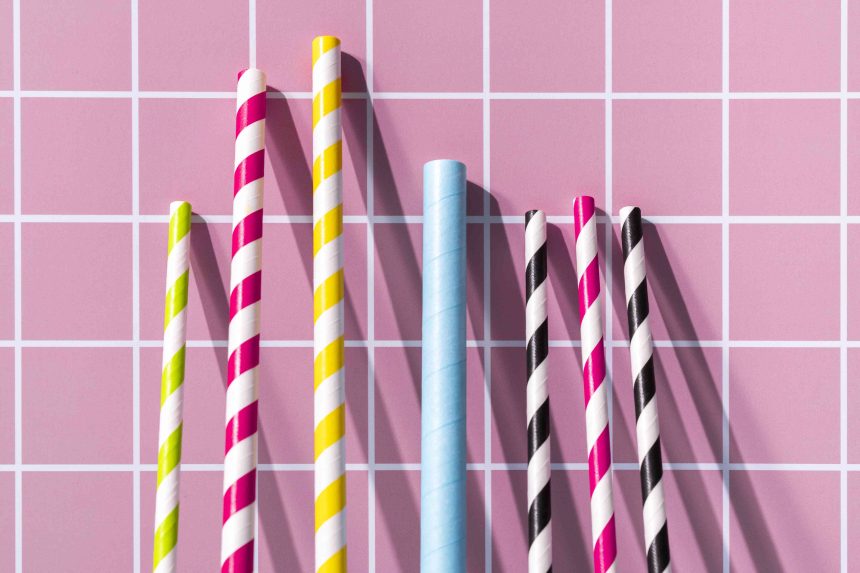If you’re concerned about your exposure to forever chemicals, you may want to ditch your paper straw.
In 2023, researchers from the University of Antwerp, Belgium, published a study in the journal Food Additives & Contaminants reviewing 39 different brands of straws made from five materials: paper, bamboo, glass, stainless steel, and plastic. The study found per- and polyfluoroalkyl substances, aka PFAS or “forever chemicals,” in all the straws except those made of stainless steel. Perhaps most surprisingly, PFAS was detected most frequently in those made of plant-based materials, such as paper and bamboo straws.
The reason for the plant-based straws to have any chemical residue at all, the authors noted, is likely due to manufacturers wanting to make them water-resistant. As Food & Wine previously reported, PFAS chemicals, which number in the thousands, have been used in consumer products since the ’50s. The Regulatory Council of Interstate Technology noted that these chemicals are popular as they “impart oil, water, stain, and soil repellency,” as well as “thermal stability and friction reduction,” which would be ideal for keeping a paper straw intact while supping a thick smoothie.
“PFAS is one of those super chemicals that can do just about anything, from making sure that your food doesn’t stick to your pan to letting you wear a piece of clothing that can wick away water and just about anything in between,” Dr. David Nadler, research assistant professor at New York Institute of Technology, previously shared with Food & Wine. “History shows us that these types of super chemicals that can do anything tend to be the most hazardous.”
These chemicals, which gained the “forever chemical nickname” as they tend to break down very, very, very slowly, have been shown to have a host of negative health consequences, from changing a person’s cholesterol levels to potentially disrupting the human immune system.
However, that’s not the only bad news for paper straw lovers, who are likely thinking they are making a better decision for the environment. As the study noted, the presence of these chemicals shows that these products are “not necessarily biodegradable and that the use of such straws potentially contributes to human and environmental exposure of PFAS.”
The researchers noted that it’s unclear how much of the total PFAS found on the paper and bamboo straws comes from manufacturing or from “background concentration” via recycling procedures, meaning the chemicals could have been on the paper in whatever form it was in before becoming a straw. Regardless, they suggested that the more sustainable option would be stainless-steel straws, which “can be reused, do not contain PFAS, and can be fully recycled.” And while we’re sure your local coffee and smoothie shops aren’t handing out stainless steel straws for free, the second-best option is to just go straw-free, which would solve both the chemical and environmental problems in one go.








